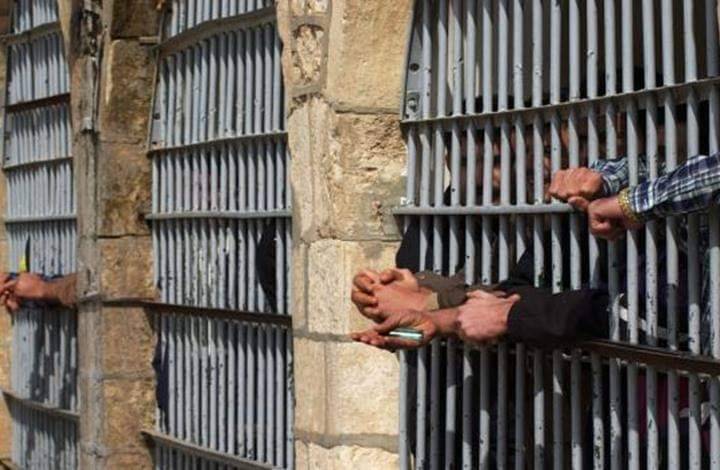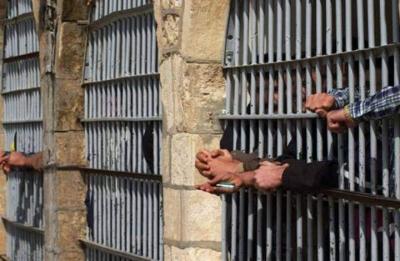A "mini uprising" occurred two weeks ago in a horse stable turned prison in the Qobbeh area of Tripoli. The prisoners banged kitchen tools on the doors of their wings and raised their voices in shouting after the water supply to the prison was cut off for more than 30 hours, without any promise from the officials to resolve the issue. As tensions began to rise within the wings, the prison administration quickly contacted the Civil Defense, which delivered water to the prison.
"We reached the point of uprising, but we took a step back to avoid bloodshed," says one prisoner, noting that "the uprising is postponed but will undoubtedly erupt," and "if the prisoners managed to open the cell doors, blood would flow," especially since only five soldiers are responsible for the security of the prison after more than a few soldiers requested discharge due to the crisis. Therefore, "our rebellion against the five soldiers means that either they will kill us or we will kill them and escape."
The "postponed uprising" that several Qobbeh prisoners have been talking about for months has countless causes, the most significant being "that we are in a stable for donkeys." The prison was originally built to serve as a horse stable during the French Mandate, with a maximum capacity of 350 inmates, while around 1,000 prisoners, mostly detainees, are crammed inside.
The photos sent by prisoners from their rooms are surreal: some rooms hold 60 prisoners piled on top of one another, noting that the space of each of the 16 wings (spread over two floors) does not exceed 10 meters in width and 6 meters in length. Each mattress is shared by three people lying sideways, while 10 people sit in each room amid the gaps and on the feet of the sleepers waiting for them to wake up to get a chance to sleep.
Prisoners describe daily issues due to the toilet, saying, "Just imagine 60 people using the same toilet, with an average of five minutes for each one." They are taken out in one batch once a day (except on Saturdays, Sundays, and public holidays) to a "corridor" for approximately five hours, leading to extreme crowding, preventing them from accessing a balcony that does not exceed 10 meters in space due to possible conflicts.
They recount their struggles with food "that even cats wouldn't eat," while the prices in the prison shop exceed market prices significantly, and medicine has been unavailable for over a year, including painkillers. The delays in trials are also one of the main reasons behind the prisoners' anger. Out of nearly 900 detainees, only 81 have been sentenced. More than one prisoner confirms that they have served the maximum penalty for the offenses they committed, yet they remain detained due to not being brought to sessions or due to judges not attending. Some reveal they have not attended a court session for four years, while others have only seen a judge once during their detention, which exceeds two years.




